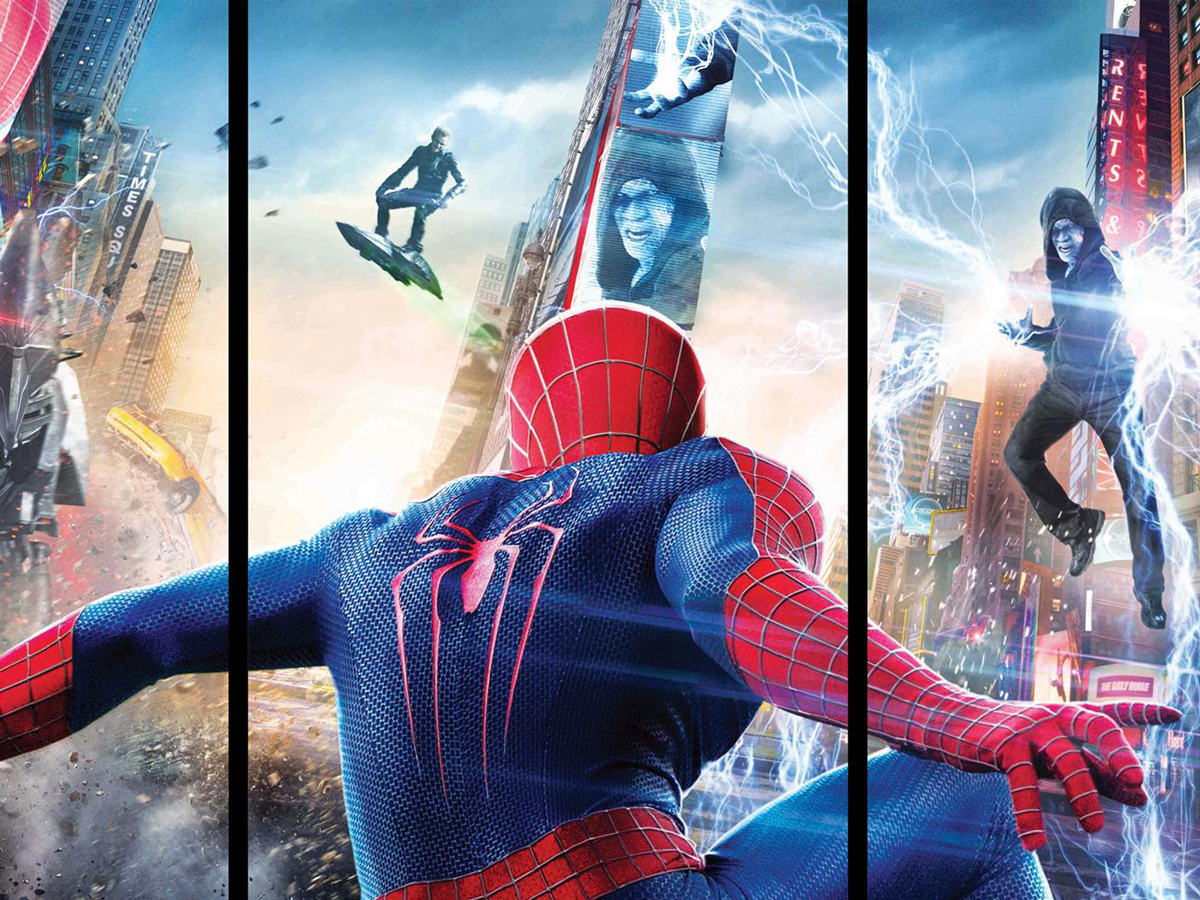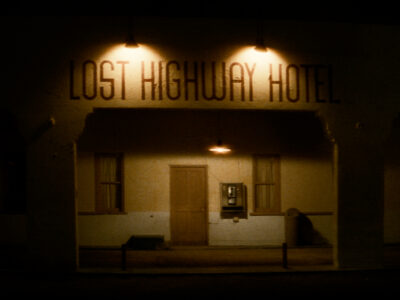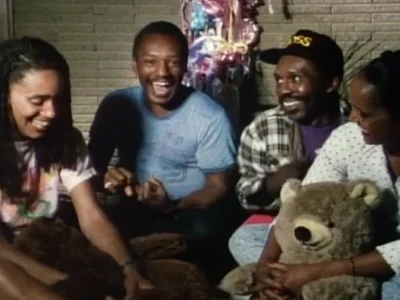Hardie Writes: The Godfather and the Beauty of Watching Old Films at the Cinema
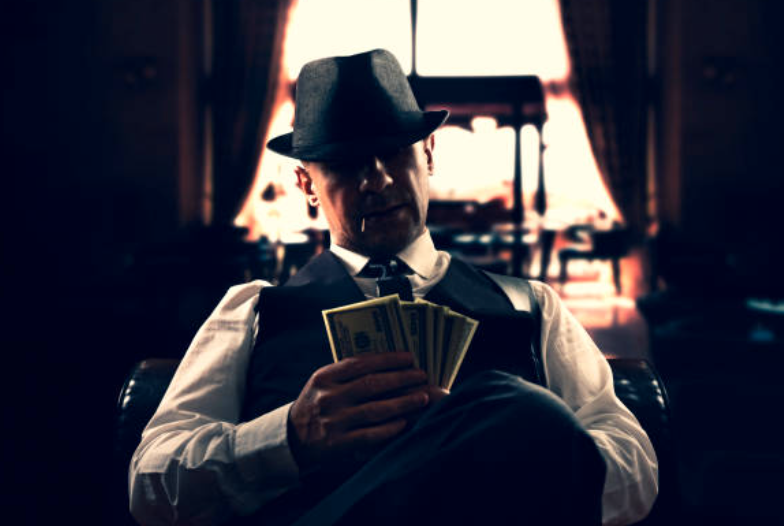
Nathan Hardie visits Watershed for the 50th anniversary screening of The Godfather.
It was nearing the end of summer in 1972. Unemployment was reaching record highs, leading a young Glaswegian (as well as many others) to travel towards Bristol for work. With the little money he had earned and being a stranger in a new city, he took a trip to the cinema where they were showing the newly released matinee, The Godfather.
Forty years on, he would sit down with his teenage son and watch it again via Film 4, sharing behind the scenes tidbits and history lessons to the first-time viewer. Despite the adverts elongating an already extensive film, his son’s interest was piqued and stoked the fire of a passion towards movies. Ten years on from my first watch, fifty years after its initial US screening, I bought tickets for us to appreciate the film in all its glory at the Watershed.
The Godfather was Francis Ford Coppola’s fifth feature picture, spending the sixties exploring horror, comedy and musicals once he’d left UCLA film school. Coppola was not Paramount’s first choice nor were they happy during production. Coppola didn’t want to glorify violence of his Italian and Sicilian heritage before taking the role, was determined to cast Marlon Brando as Vito Corleone prior to shooting, and wanted the scenes shrouded in darkness during filming. Every creative choice created friction with the studio, placing him an inch closer to becoming fired. Losing the job meant being unable to provide for his wife and children but he remained resilient, unwilling to compromise artistic vision. Arguably, it’s these three decisions that make the picture such a categorical success.
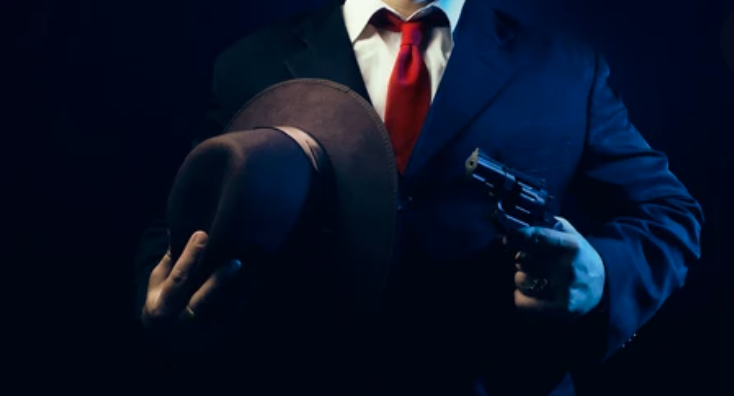
“Marlon Brando had already been dubbed one of the greatest to ever grace the screen”
In his late forties, Marlon Brando had already been dubbed one of the greatest to ever grace the screen. His style of immersing himself within a character led to generations of method actors, attempting to attain a modicum of his style. However, this reputation came with a price so costly that Paramount Pictures wanted nothing to do with him after several recent box-office bombs. With Coppola’s persistence though, Brando became the Don. His wealth of experience and unique style not only supplied an Oscar-worthy performance but elevated everyone else’s and therefore the movie as a whole. Ideas that added personality, from auditioning with cotton balls in his mouth to get across Corleone’s dogged and relentless nature to picking up a stray cat hanging around the stage and stroking it during the first act. These improvisations not only contributed to making the scene feel real, receiving genuine reactions from his cohorts, but it gave licence to the other cast members to participate. It’s strange to look back on it now given how massive a star Al Pacino is, but The Godfather is only his fourth acting credit on IMDb. James Caan and Diane Keaton were just breaking onto the TV scene and John Cazale was starring in his first ever film. Yet, you have these actors smashing cameras unscripted and using their nerves in the final takes. Whilst Coppola had encouraged this behaviour, it was Brando that drew it out, creating a true and authentic viewing experience.
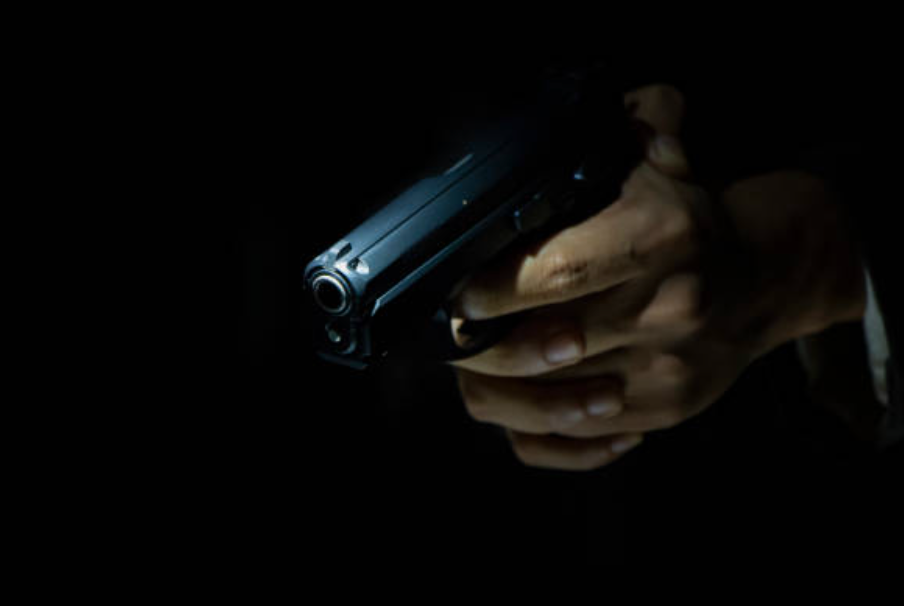
“The beauty of a three-hour film is that it allows the pacing to be slow, methodical like the acting and build up”
Drama and characters are what takes centre stage, not the gory action film Paramount may have wanted in the early stages. Of course, there are several scenes of murder, including a couple strangling’s which are particularly brutal, but it’s never unnecessary. You are thrown into the story but in a gentle manner, allowing the audience to get a feel for who’s who rather than spoon feed the information. The beauty of a three-hour film is that it allows the pacing to be slow, methodical like the acting and build up before BAM! Luca Brasi sleeps with the fishes and the process starts again, intensity growing as the families spiral into a cutthroat war. These moments are made so much more impactful by the surround sound of the speaker system that a couple sitting nearby jumped in shock. Granted, the downside of a three-hour runtime is that my attention span is not what it used to be, but a problem eliminated by sitting in the cinema and not constantly looking at my phone.
“There’s not a scene that I believe you can cut without removing an important detail”
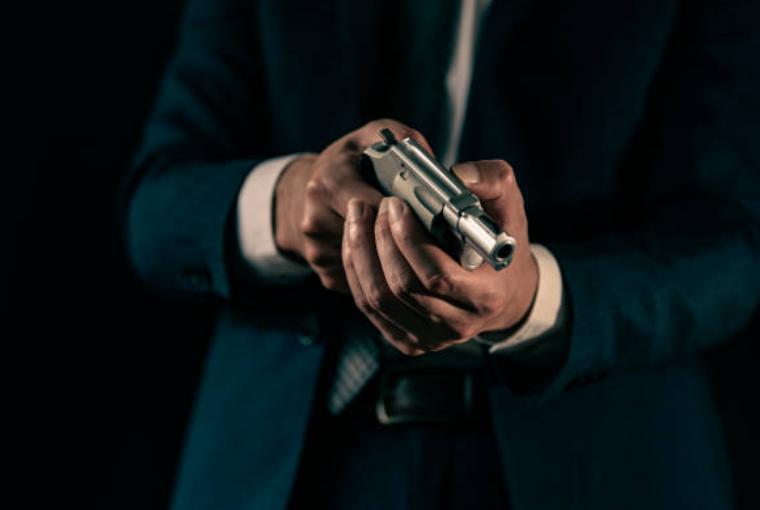
There’s not a scene that I believe you can cut without removing an important detail. Despite multiple viewings, I spotted little intricate touches I had never noticed previously, elements of foreshadowing or subtle character traits that yielded further depth. Dim lighting that the studio complained about gave a tonal setting for the underhanded nature of making shady deals. Even though they repeat the same chords of an eerie violin throughout, it’s manipulated slightly to raise and lower the mood. Accompanied with incredibly quotable dialogue, which I’ve restrained myself to one so far unless I’m made an offer I can’t refuse, The Godfather stands the test of time no matter how frequently you’ve seen it. Outdated conversations and questionable motives fit in with the characters and the period, but it’s the core central themes that provide relatability for any generation. Family, respect, and trust are universally understood, with Coppola bringing honour to his heritage with great success.
Unfortunately, my dad was unable to attend, missing out on reliving that memory together. However, it presented a new opportunity by going with my mum instead, who had never seen The Godfather nor visited the Watershed previously. I was able to show her around the tidy facilities and share the insights passed down to me – an adventure that wouldn’t have occurred without showing past classics at the cinema. Upon exiting, discussing our thoughts and feelings, I discovered that my opinion on The Godfather hadn’t swayed but strengthened. It’s a perfect story that did not require a sequel, with some of my favourite scenes in film ever, but I will be sure to watch The Godfather part II on the big screen for its 50th anniversary to remain balanced.
Read more of Nathans reviews here: hardiewrites.com or @hardiewrites

